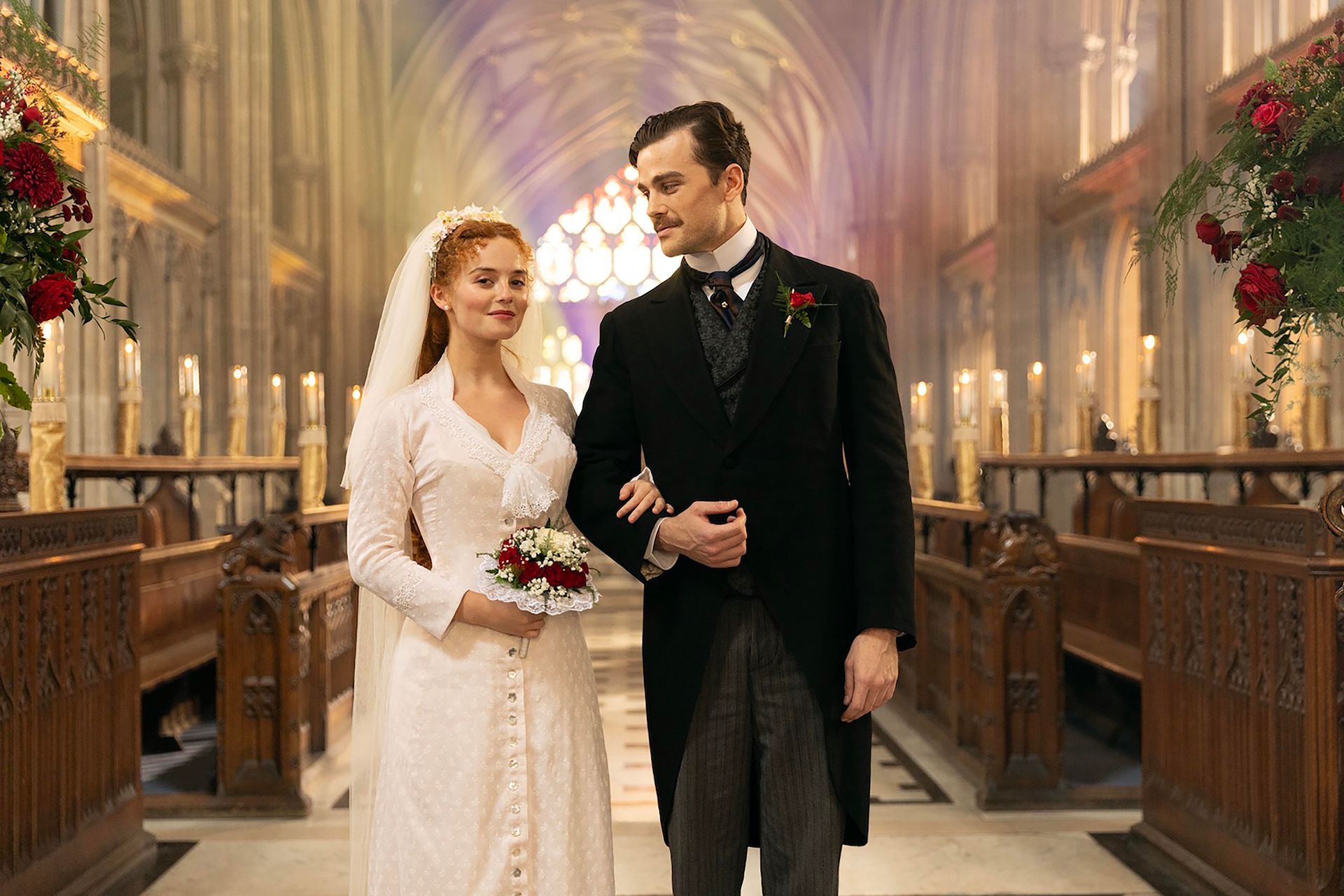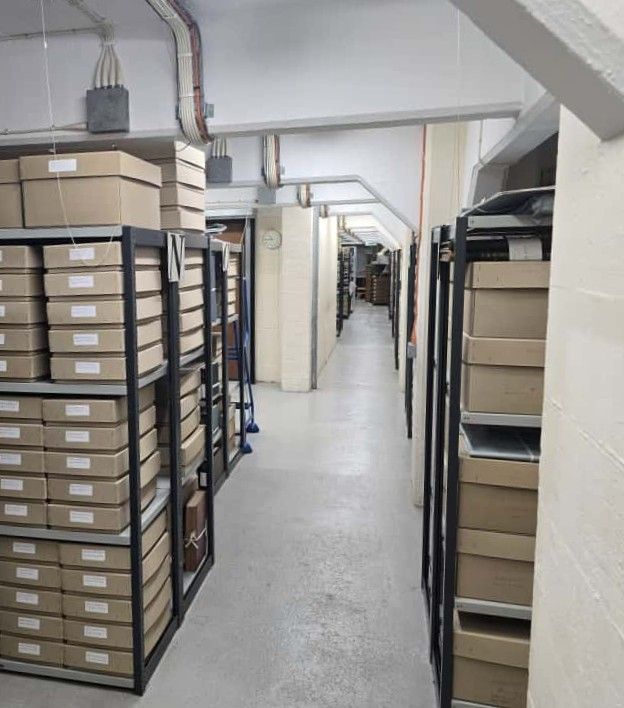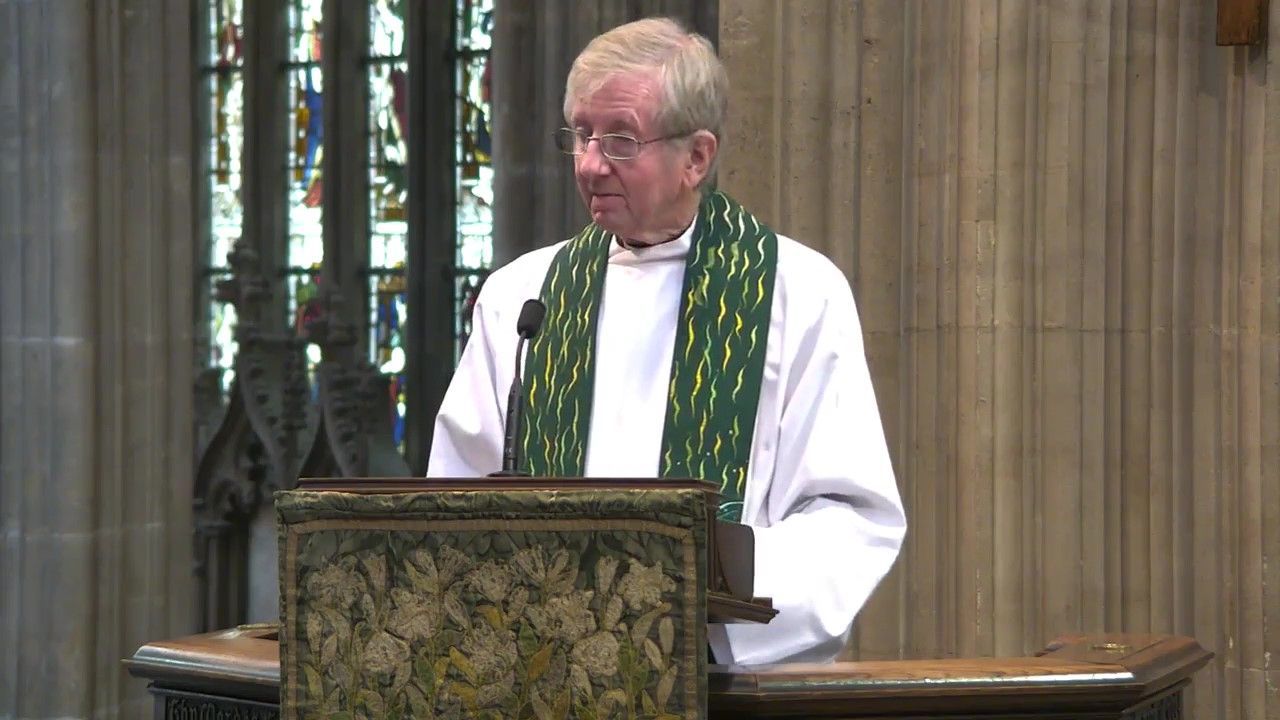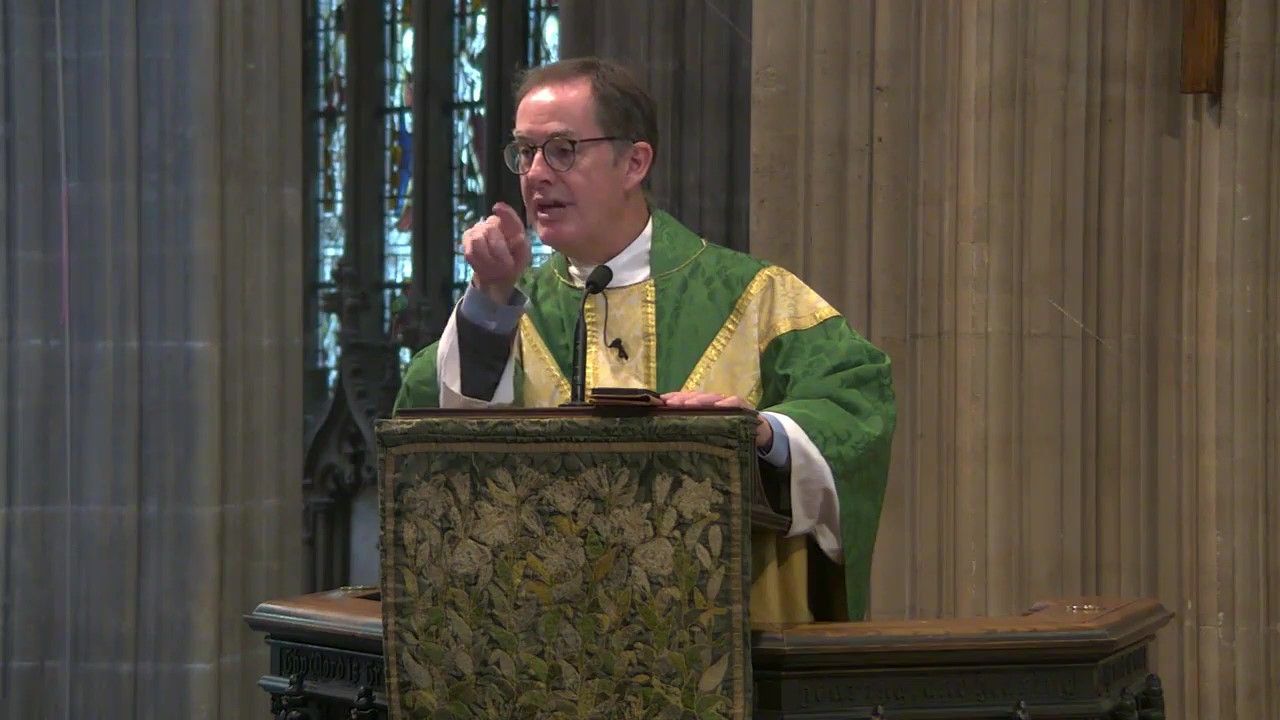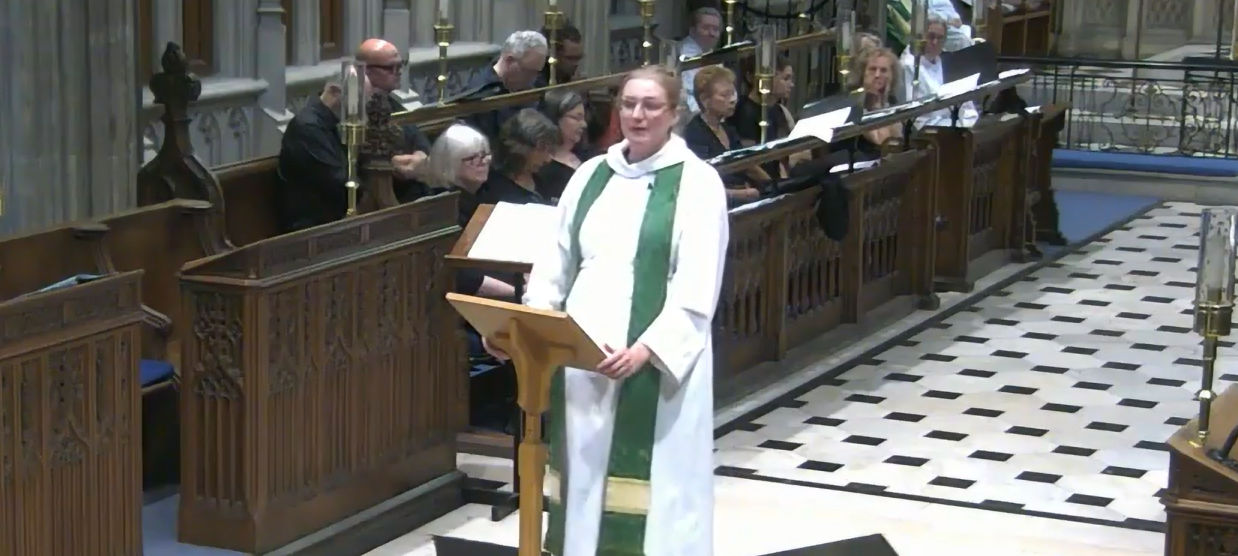If you love me
For those who like their church music traditional, there is a fair chance that you hear those words to the music of the 16th century English composer Thomas Tallis. For those who don't, click here to hear the sublime anthem he wrote 500 years ago.
It is both totally unsurprising and utterly astonishing how much we take of ourselves into our understanding of life ... and, given that this blog comes from a priest, our faith. We cannot extract ourselves from our past. We cannot hear these words without all the subliminal messages welling up within us. We are not empty vessels waiting to be filled with the Good News of God in Christ.
Acknowledging this truth is significant. It helps us realise that we are seeing the world (and our faith) through our own unique lens. Then it becomes a matter of choice for each of us to decide whether to make space for new insights.
Philip Wilby is a contemporary British composer who used to live here in Bristol before moving north a decade ago. There is no way that he was unaware of the Tallis anthem, how beautiful it is and how loved it is. Yet, knowing all that, he chose to enter that space and, through his own composition which you can listen to here, opened up new insights into this text.
These gorgeous anthems reveal two things:
- that there is always more for us to experience, to take into ourselves and to allow ourselves to be shaped by; and
- that we have to decide, either to embrace the new knowing that we will be reshaped by it, or to ignore the new and to hold fast to our current shape that we know, trust and love.
C.S. Lewis challenges that final option as not being an option at all. In his book 'The Four Loves' he not only acknowledges the potential cost of choosing to embrace the new, but he also warns of the impact of holding fast to our current shape:
“To love at all is to be vulnerable. Love anything and your heart will be wrung and possibly broken. If you want to make sure of keeping it intact you must give it to no one, not even an animal. Wrap it carefully round with hobbies and little luxuries; avoid all entanglements. Lock it up safe in the casket or coffin of your selfishness. But in that casket, safe, dark, motionless, airless, it will change. It will not be broken; it will become unbreakable, impenetrable, irredeemable. To love is to be vulnerable.”
Sometimes when I'm talking the families about funerals they are having to plan, and especially if I get to talk with young people, I offer them a range of coins from my pocket. With some pennies, ten pence pieces and a two pound coin, I ask them to choose a coin which they can keep. Not surprisingly the highest value coin is the one selected. This opens up a conversation about the value of the love they have experienced with the person who has died. I then ask them to turn the coin over and we talk about the fact that life, like the coin, has two sides. The highest value coin represents both the greatest experience of love and deepest experience of grief. For myself, I conclude, I would rather choose life with love and grief over a life without either grief or love ... that is an experience of life truly to be spared.
"If you love me" says Jesus "you will keep my commandments".
These are not the words that either Tallis or Wilby set to music. Both of them omitted the two simple words "you will". The music we know so well, has Jesus making a suggesting or asking us a question: If you love me, keep my commandments. The text is more blunt and is, in itself, a commandment: If you love, you will keep my commandments.
It is the choice of each of us, to decide whether to make space for that difference.
Dan Tyndall
12 May 2023
